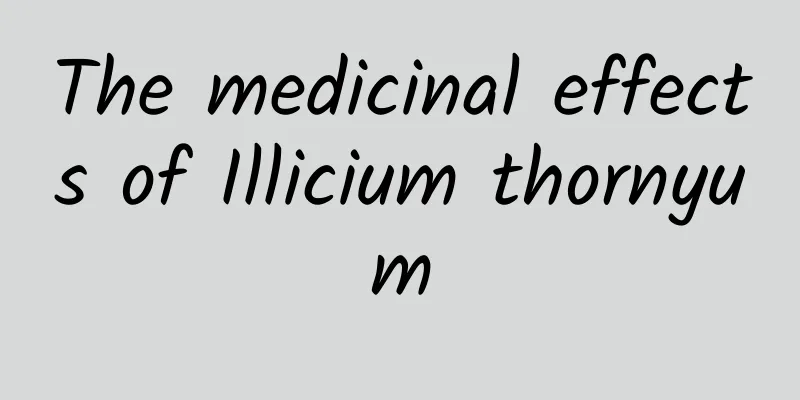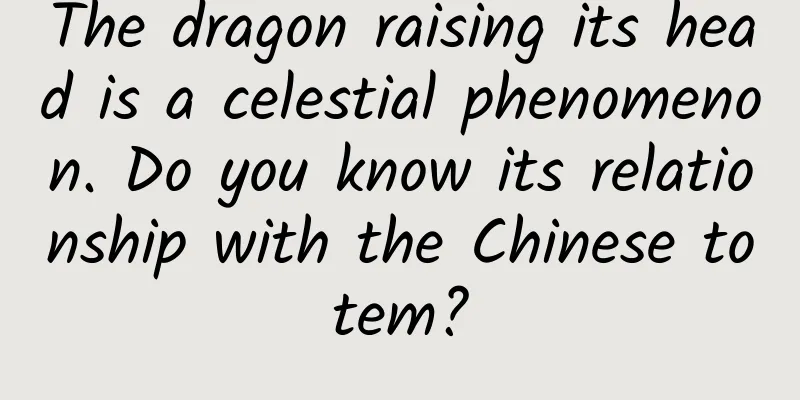The efficacy and function of redwood incense

|
Rosewood is a kind of traditional Chinese medicine. There are records of rosewood in ancient Chinese medical books. Rosewood can treat many diseases and its effects are very comprehensive. We should make good use of it. [Other names] Zijinpi, Jinguxiang, Jinguxiang, Mu La (Wang Lianshi's "Book of Collecting Medicinal Herbs"), Neifengxiao ("Illustrated Catalogue of Plant Names and Realities"), Tumuxiang ("Fujian Folk Herbs"), Neihongxiao ("Jiangxi Traditional Chinese Medicine"), Zhejiang Zijingpi ("Pharmaceutical Science"). [Source] It is the root or root bark of Schisandra chinensis longipes of the Magnoliaceae family . Dig it up around the beginning of winter, remove the remaining stems, fine roots and soil, and dry it in the sun. Or peel the root bark and dry it. [Original form] Long-stemmed Schisandra chinensis, also known as: Guangfu vine (Compendium of Materia Medica), blue fruit Schisandra chinensis, columnar Schisandra chinensis, southern Schisandra chinensis, purple gold vine, wind sand vine, white mountain ring vine, monkey fist, cold rice ball, monkey rice ball. 【Habitat distribution】Grows wild on hillsides or beside streams. Distributed in southwestern, central and southeastern my country. It is mainly produced in Zhejiang and Jiangxi. In addition, it is also produced in Jiangsu, Fujian and other places. [Properties] The dry root is 1.5 to 2.3 cm thick, slightly curved, with branches and fine roots, and the outer bark is purple-brown with longitudinal grooves and transverse cracks. The texture is hard; the root bark in cross section is as thick as 1/3 of the diameter of the xylem, the xylem is reddish brown, and small vascular dots can be seen around it. It has a fragrant smell and a bitter taste. The dried root bark is in the form of rolls or irregular pieces of varying sizes, about 1 to 4 mm thick. Most of the cork on the outer surface has fallen off, revealing the purple inner bark. The inner surface is dark brown to gray-brown; the texture is hard and brittle. The best ones are dry, uniform, firm and have purple-brown skin. [Chemical composition] The fruit contains volatile oils, organic acids, proteins, fatty oils, mucilage and pectin. [Preparation] Wash, remove, soak, slice and dry. 【Nature and flavor】 Spicy, warm. 【Functions and indications】Promote qi and blood circulation, relieve pain. It is used to treat abdominal distension and pain caused by qi stagnation, stomachache, pain in muscles and bones, menstrual pain, bruises and injuries, and unknown swellings and pus. [Usage and Dosage] For oral use: decoct in water, 3 to 5 qian; or grind into powder, 3 to 5 fen. For external use: grind into powder and apply on skin or boil into paste. 【Note】 Use with caution during pregnancy. [Additional prescription] ① Treat abdominal pain caused by cold stagnation: 1 liang of Schisandra chinensis root. Boil in water into half a bowl, drink warm, twice a day. (Fujian Folk Herbs) 【Excerpt】 《*Dictionary》 [Source] From "Supplement to Compendium of Materia Medica". In the above article, we analyzed rosewood and learned that its functions and effects are very extensive. As long as we know more about the medicinal properties of traditional Chinese medicine, we will not panic when we encounter diseases. |
<<: The efficacy and function of Huaqing Fragrant Teng
>>: The efficacy and function of giant single foot gold
Recommend
What is the medicinal value of Mirabilis jalapa
Mirabilis jalapa is a kind of flower with many co...
The efficacy and function of mountain jute leaves
We can often see mountain jute leaves in daily li...
Taboos of Mistletoe
Mistletoe is a very common Chinese medicinal mate...
Why did humans evolve the father role?
Author: Sheng Yuan, Master of Applied Psychology ...
Zhejiang University teacher successfully rescued cardiac arrest, how can the rescue success rate of less than 1% be achieved?
On the evening of September 2, at Zhejiang Univer...
What? Pineapple soaked in salt water has no effect? It turns out that I have been doing it wrong all these years
Reviewers of this article: Zhang Zheng, PhD in Nu...
Does the universe really have color? The true colors of space objects revealed
What are the true colors of the James Webb Space ...
Reminder! Don’t use the air conditioner like this in summer, it may cause blindness!
Expert of this article: Li Zongou, Master of Opht...
The efficacy and function of white mustard
White mustard seed is a kind of traditional Chine...
Can cancer be "contagious" among family members? Take precautions now →
Myth: "Cancer be transmitted between family ...
The efficacy and function of stone gentian
There are many kinds of common Chinese medicinal ...
From these pairs of fossils, we can see the "eternal love" of creatures more than 40 million years ago
Messel Pit is a world heritage site in Germany. I...
GLP-1 drugs, the nemesis of obesity and diabetes, are becoming popular all over the world.
Introduction Obesity is not only a personal strug...
Effects and functions of hibiscus leaves
As people's living standards continue to impr...
The efficacy and function of sand red willow
Many people are very familiar with Tamarisk. The ...









